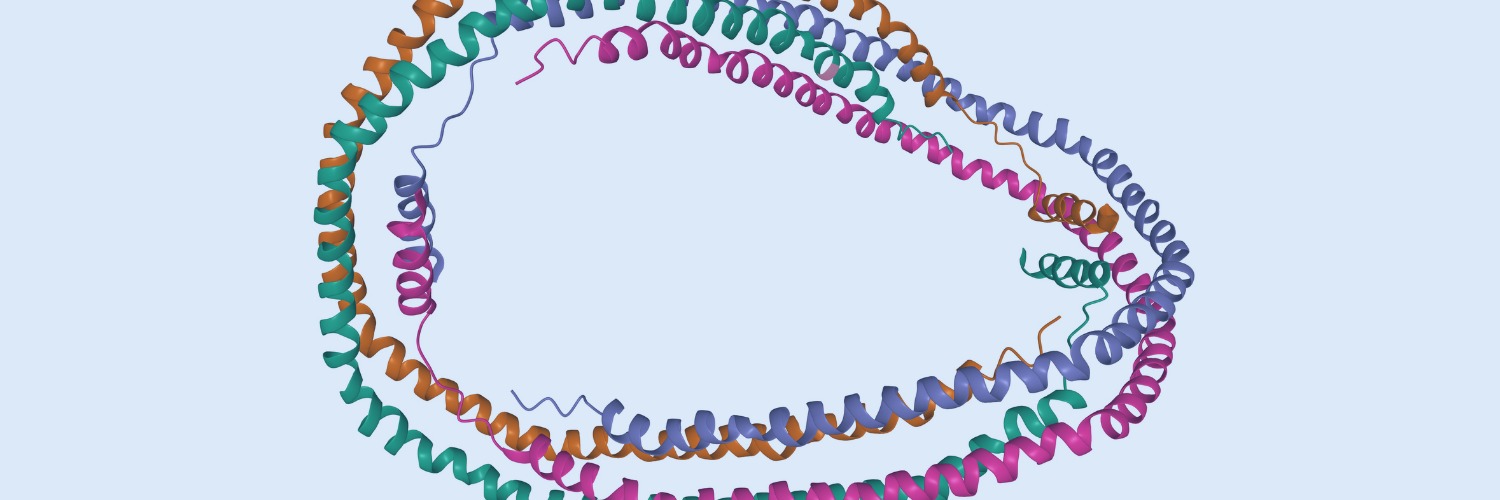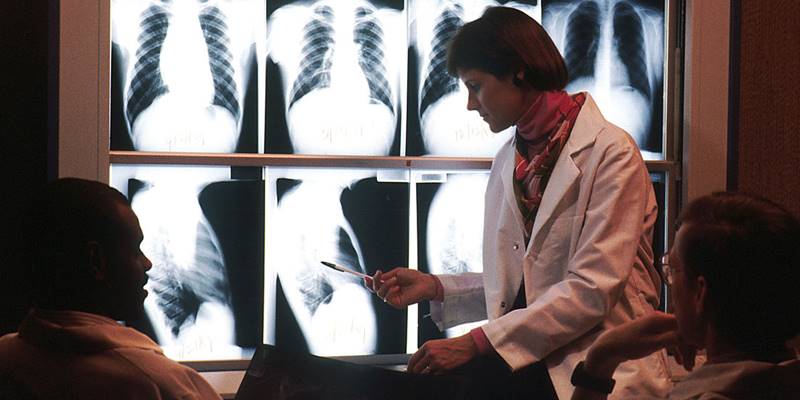MONDAY, March 18, 2024 (HealthDay News) — Childhood lead exposure is widespread in Chicago and there are racial inequities evident in testing rates and exposure levels, according to a study published online March 18 in JAMA Pediatrics.
Benjamin Q. Huynh, Ph.D., from the Johns Hopkins Bloomberg School of Public Health in Baltimore, and colleagues examined the extent of lead-contaminated drinking water in Chicago and modeled its impact on children younger than 6 years in a cross-sectional study. Tests were obtained from households in Chicago that registered for a free self-administered testing service for lead exposure; 38,385 household tests were collected.
The researchers found that an estimated 68 percent of children younger than 6 years (corresponding to 129,000 children) were exposed to lead-contaminated water. A 10 percent increase in block-level Black and Hispanic populations was associated with decreases of 3 and 6 percent, respectively, in the odds of being tested for lead and with increases of 4 and 11 percent, respectively, in having lead-contaminated drinking water.
“Levels of widespread childhood lead exposure, such as those found in this study, are symptomatic of structural marginalization and are likely preventable through large-scale interventions to replace lead service lines and improve access to testing,” the authors write. “The benefits of harm-reduction strategies, such as lead filtration technology and anticorrosive agents to prevent lead leaching into water, should also be studied and explored.”
Copyright © 2024 HealthDay. All rights reserved.















